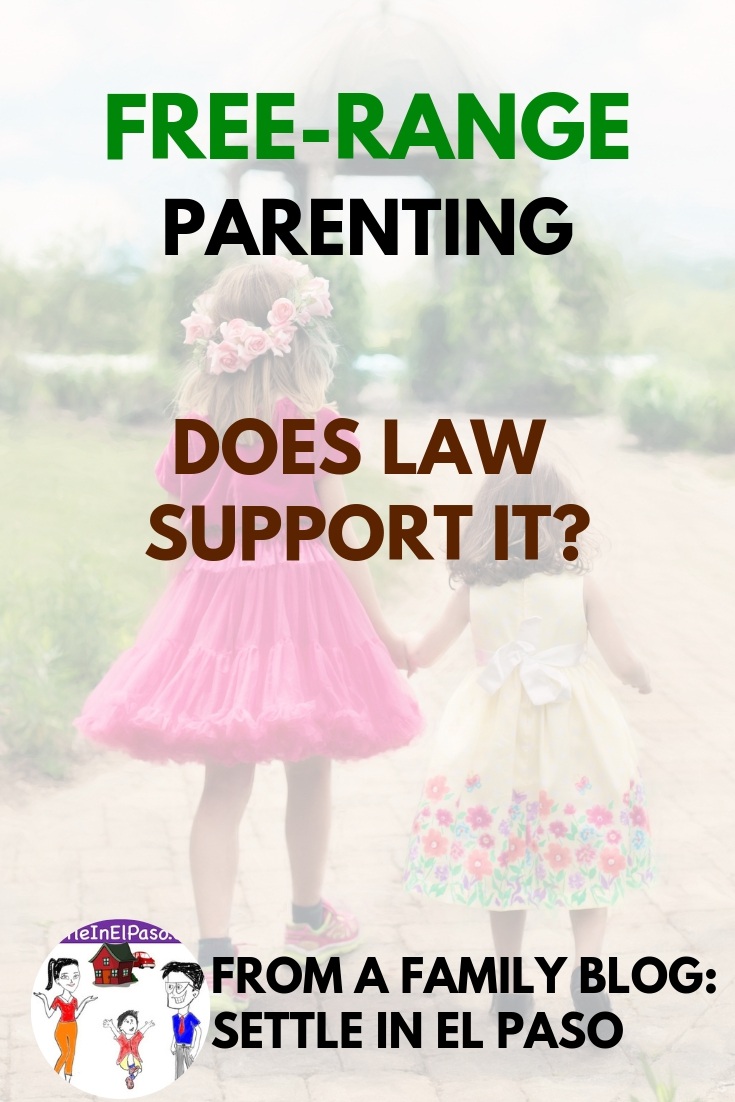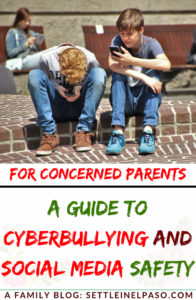
What is free-range parenting?
Free-range parenting is a permissive parenting style in which children grow independently with limited parental supervision. In another sense, it is allowing children to roam around a bit and develop independence.
Our grandparents raised our parents in a world where free-range parenting was pretty common. Some of us received a flavor of freedom in our childhood. Many states in the USA do not allow free-range parenting anymore.
Given many tragic occurrences in recent years, many states in the United States discourage free-range parenting. However, a few states have specific laws regarding free-range parenting practice. Some examples are: for how long can parents leave a child in a car, what should be the minimum age of an attendant with the child, home alone age, so and so forth. Many states do not have specific laws and free-range parenting can be considered child neglect.
What is free-range parenting law?
Free-range parenting law defines the terms negligence and abuse well. It explains what is considered alright in raising a child. While the term Free-range Parenting has become popular on the news outlets and social media, an actual bill is generally called Child Neglect Amendments.
A Bill of Child Neglect Amendments clearly states what the definition of “Neglect” includes and what it does not include. General population calls the part that explains “What neglect does not include” as “Free-Range Parenting Law”. It is said that the law protects parents so that kids can roam.
In 2018, Utah’s Bill of Child Neglect Amendments became a center of attention and was named Utah’s free-range parenting law. From line 316 (iv) to line 325, Utah’s free-range parenting law (that is, the Bill of Child Neglect Amendments) states that parents may permit kids to go to school or nearby shops alone, engage in outdoor activities independently, remain in a vehicle or home (under certain conditions) without adults present, and engage in independent activities. Of course, the child must be of an appropriate age and should have the maturity to realize unsafe situations.
You may recall from a few years back that the parents of two siblings (ten years and six years old) in Maryland became the center of attention in the news media because they allowed their children to walk a mile from a park to home.
The parents were investigated for child neglect. The parents explained that they trained the siblings to team up and walk home by themselves. Utah’s Bill of Child Neglect Amendments protects parents from being investigated for allowing their children to roam around a bit.
I remember walking back home from the library or a park with my older brother when I was six and my brother was ten. I guess, the concern of safety depends on the neighborhood, season, as well as the training the Maryland parents were referring to.
Which states allow free-range parenting?
Utah is the first state to allow the free-range style of parenting. Other states have not yet protected parents by clearly stating the level of “free-ranging” allowed, to the best of our knowledge.
While states other than Utah have not yet specifically defined “what neglect does not include” to allow free-range style parenting, many states have specific laws regarding home alone age, child neglect, and child endangerment. You can find summaries of the laws for many states in this link.
Child Welfare Information Gateway (childwelfare.gov) published this document that defines Child Neglect and Abuse, as well as it summarizes the state laws. If you plan on a little bit of the free-range style of parenting, you will need to be aware of the laws on Child Neglect and Abuse in your state.
Please be advised that this article is not a legal document. It is just an article to raise awareness regarding children’s safety and parenting strategies.
Do we use the free-range style of parenting?
We love the free-range style of parenting but we do not use it to raise our six-year-old son. Why don’t we use the free-range style of parenting? We are a small family of three (Dear Son, Dear Dad, and Dear Mom). We love to be cozy in our little space altogether. With freedom, there will be some stress and risks involved. As parents, we are being a little selfish — we do not want to go through the added stress.
Dear Son is still loving our company. 🙂 As long as he loves our company — freedom is not a choice, he will have to earn it by throwing enough tantrum at us.
Let us know your feedback regarding any parenting style in the Comments section below.
Happy parenting!
From a Family Blog: Settle in El Paso
Other relevant articles on parenting and raising a child
Subscribe to receive notifications on our new posts.








There are pros and cons to this style of parenting. For one, if you, the parent, is not giving your child boundaries and moral guidelines, someone else for sure is, ie classmates, teachers, friends and other parents. I’m not talking about things like walking to and from school or being left at home alone for a short period of time. I too, was left “in charge” of my siblings at an early age, while my parents went on errands.
I so much agree with you. Providing moral guidelines is a must in parenting. As you said, kids will get it from other interactions, which might not have the desired boundary. Thank you so much for visiting and taking the time in providing the valuable feedback. Have a wonderful weekend.